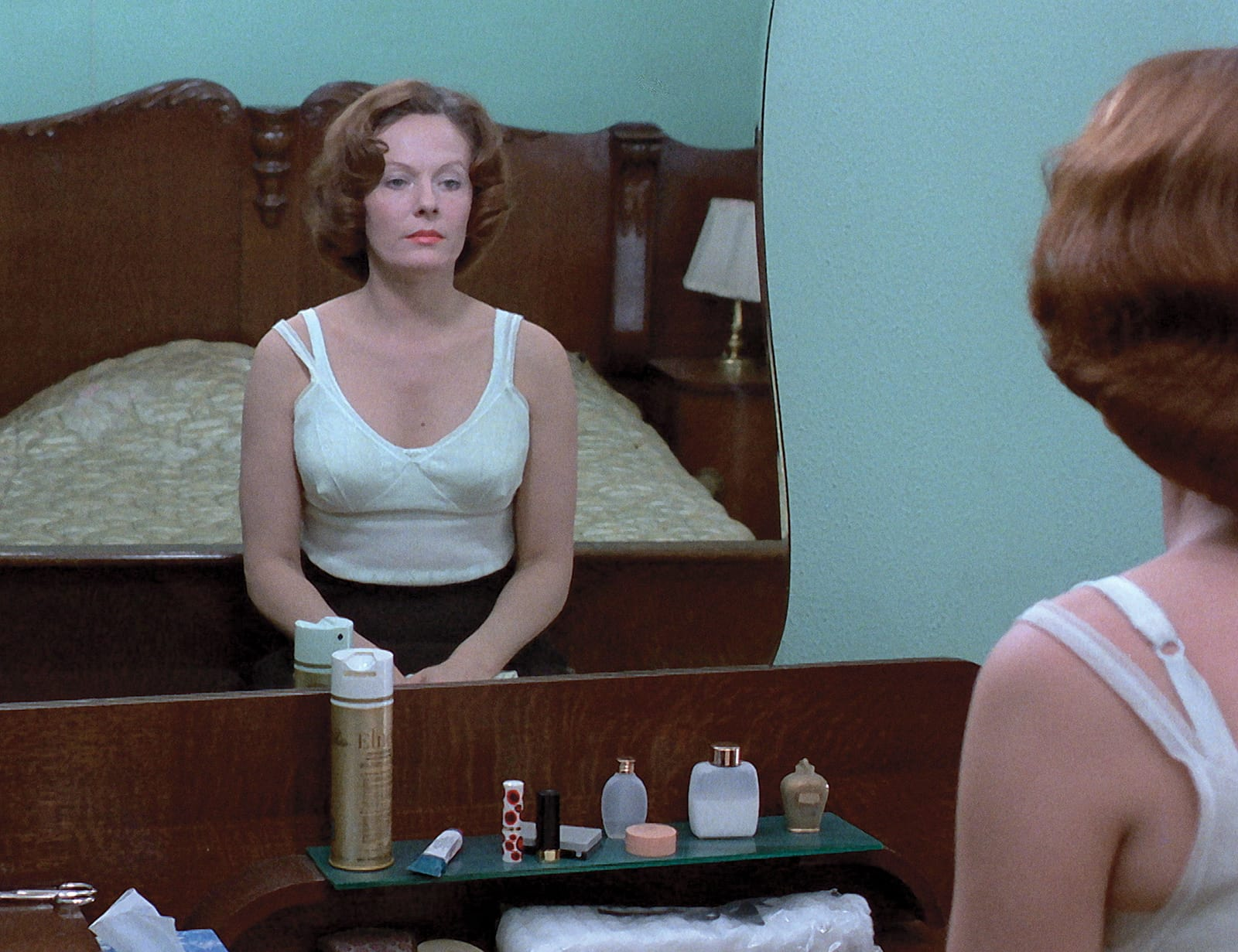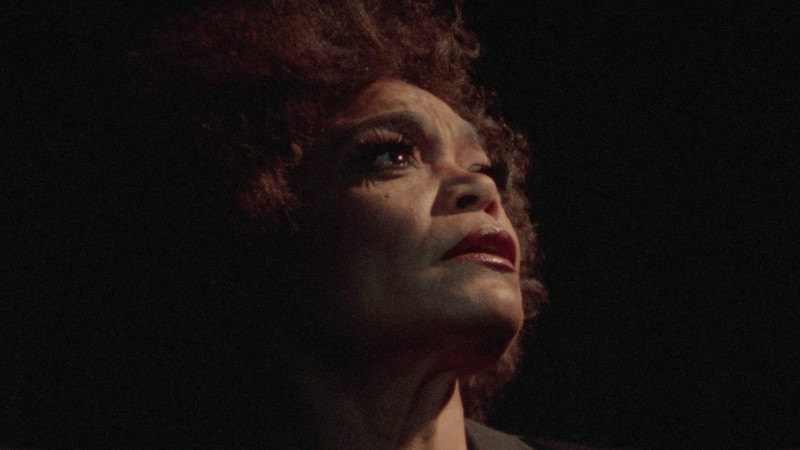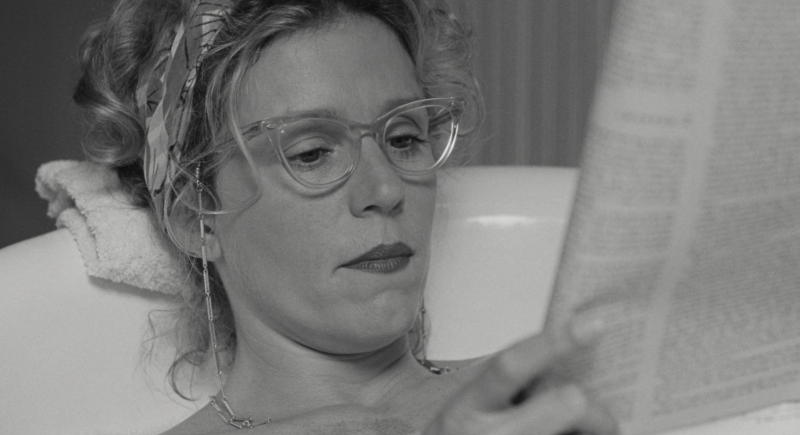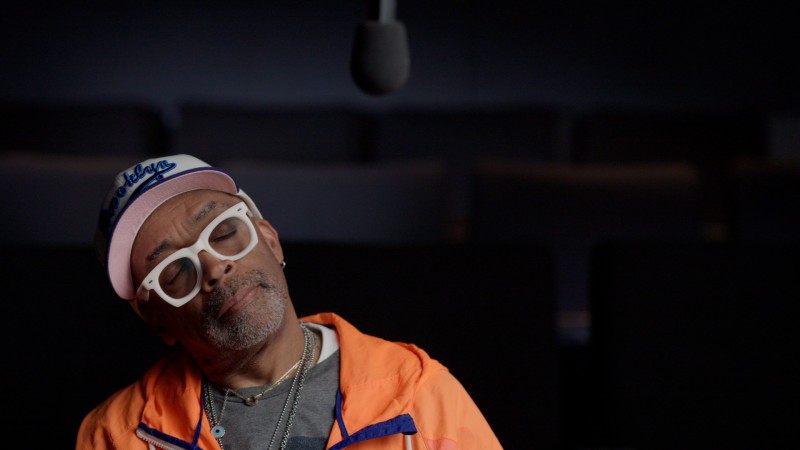Questions about politics—what this word meant, whom it concerned, where it started and stopped—shaped all sectors of film production in the late sixties and were almost immediately tied to competing aesthetic styles. At one extreme, we find an understanding of political cinema grounded in what scholar Paul Douglas Grant calls “wildcat naturalism,” an immediate push toward documentation and testimony that was crucial in an era of state-controlled media. At the other is a more distanced, anti-illusionist approach that calls attention to the gap between art and life. While much of the work from this period navigates between these poles, there is one film that brings the extremes together in a particularly revelatory way.
Wonder started as a sequence in a much longer feature, a documentary about the Trotskyist avant-gardes backed by the newly radicalized members of L’institut des hautes études cinématographiques (IDHEC), France’s national film school. The project was an initiative of graduating cinematographer Jacques Willemont, who was put in touch with a member of Wonder’s strike committee once production was under way. On June 10, 1968, Willemont, Pierre Bonneau (on camera), and Liane Estiez (on sound) arrived at the company’s factory headquarters just north of Paris and were surprised to learn that the employees had just voted to end the strike. Amid swirling rumors of intimidation and vote suppression, the team turned its camera on the assembled crowd and filmed their final moments of independence. As critic Serge Le Péron noted, what we see is essentially Workers Leaving the Lumière Factory (the French film often referred to as the first motion picture ever made) in reverse, seventy-three years later.
Though Willemont’s larger project never saw the light of day, the reel of film the crew left with that day was too powerful and too relevant to hold back. An establishing shot was tacked on, some narration dubbed in, and IDHEC had prints in circulation at strike actions, meetings, and teach-ins before the month was out. The resulting work was instantly recognized as an essential document of the spring uprising; in Cahiers du cinéma, Jacques Rivette called it “the only interesting film about the events, the only really strong one I saw.” In the years that followed, it became a mainstay of discussions of the period, notably inspiring a pivotal follow-up documentary, Hervé Le Roux’s Reprise (1996), whose sprawling, after-the-fact investigation into the lives of Wonder’s protagonists provided a necessary complement to the earlier film’s concentrated action.
When Wonder opens, the idea that the strike is over has not completely sunk in for many of the workers. We see two male delegates from the union that negotiated the vote surrounding a young woman in tears, and it is her fury that provides the film with its moral center: “No, I won’t go back,” she shouts. “I will not go back in! I’ll never set foot in that prison cell again.” We can measure how dangerous her anger seems by how quickly the men move to contain it. The gendered conflict is typical of a time in which, as film scholar Hélène Fleckinger has suggested, the rhetoric of revolutionary equality was held back by the sexism of the culture as a whole. Wonder’s protagonist does not back down, and it is her refusal to concede her political point—that returning to work under these conditions is a mistake—that made her a powerful symbol of resistance, one that resonated with the battle for practical emancipation that would be taken up a few months later by a newly founded MLF, France’s women’s liberation movement.
Although feminist struggle and class struggle overlap in Wonder, the film becomes harder to grasp when this overdetermination is made visible: what does it mean if the image of a woman quieted by men is also that of a worker being silenced by her union? The question brings us to the heart of the May unrest, for it’s at this moment that the authority of figures and organizations that had traditionally spoken on behalf of others—men, unions, political parties, the family, the church—was massively challenged by marginalized voices who began expressing themselves directly, outside of institutional channels. In this regard, at least, the situation of women was similar to that of the working class. In the broadest political sense, what was actually shaken in 1968 was the notion of the representative.
On a political level, Wonder depicts this crisis of representation, a seizing of the social gears that splintered ties between delegates and constituents. The film’s originality lies in the bond it forges between politics and aesthetics. A similar crisis is also unfolding at the level of the image, and here as well we see something breaking down. The meaning of the film’s long take is as unstable as the power relations between the characters. Initially, Wonder’s radical real-time presentation of things “as they happened” seems profoundly immediate: there is no plan, no script, no actors, just an ever-shifting landscape of voices and bodies in contact with one another. At the same time, as Layerle has argued, it is impossible to know whether the camera is recording the events or summoning them. Willemont, Bonneau, and Estiez inevitably shape the events they film, giving them a beginning, middle, and end through the duration of the shot. This unified structure clarifies the events and heightens their drama, lending the raw document of a return to work the coherence of classical tragedy.
On-screen, the anonymous protagonists are transformed into something larger themselves. They appear both as individuals and as incarnations of social types that were eminently recognizable in late-sixties France: the Factory Worker, the Union Delegate, the Leftist Student, the Personnel Manager. This ten-minute short is as close as militant cinema ever came to remaking Jean Renoir’s The Golden Coach (1953), a film about a troupe of traveling commedia dell’arte players that is also organized around the tension between social role and individual subjectivity, and whose central question—where does the theater end and life begin?—is just as relevant to the footage shot outside the battery factory in Saint-Ouen.








